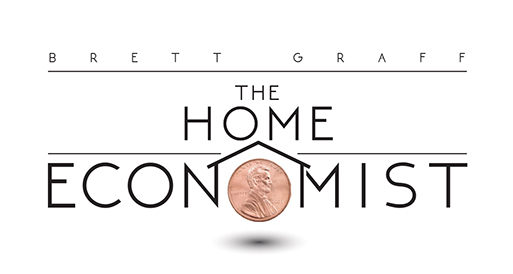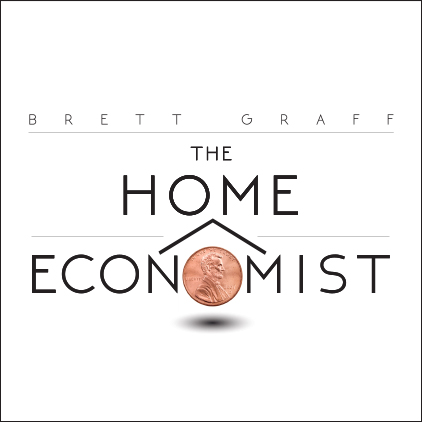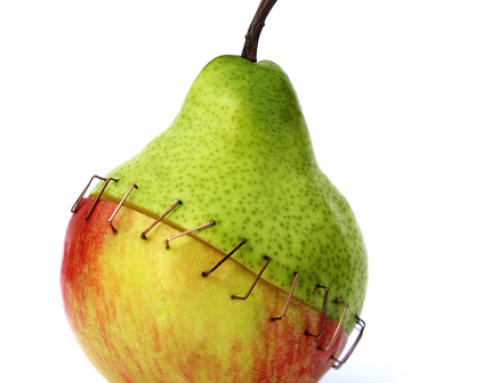Well, we jumped over the cliff and the government provided us with a thin and temporary parachute. Here’s where we landed.Your paychecks will be lower. Or at least the part you get to keep, anyway. The section where you see how much of your money goes to the government? That part will be bigger. Click here to see by how much.
You could keep the Child Tax Credit: If your income hovers around $43,000 or below you’ll likely still be able to slice $1000 or some portion of that amount directly from your tax bill.
You’ll make less money in the stock market: And not just for bad decision-making because now, even great investments could cost you. Investors earning regular incomes of between $250,000 and $450,000 will now pay $18.8 percent – the same ole’ 15 percent of the past plus an additional 3.8 percent on top. That last bit is not a Fiscal Cliff thing but instead part of Obama’s health care plan. If you earn above $450,000, there will be a thump from falling off the cliff because your capital gains taxes will go from the current 15 percent to 23.8 percent. But c’mon, you can afford it.
Your milk prices won’t move: We’d call it a joke except it’s not funny, seeing as some crazy law from 1949 would have kicked-in, forcing the the government to pay $40 a certain amount of milk powder, cheese and butter, explains Daniel Sumner, a professor of Agricultural Economics at University of California, Davis. Yes, it would have raised prices and caused mass market chaos – what’s the government going to do with all that cheese? – and Sumner says even the farmers didn’t want it. So they pushed it down for now.
Pleae keep in mind that we do – with our tax dollars – support farmers. We will still – at least for the next eight months, which is how long the farm bill extends – give lump sum payments to producers of corn, soybeans, wheat and even pistachio nuts. These payments are not tied to production or prices – they’re just cash. Could they lower prices? Theoretically, farmers could spend more money on tractors and planting – that would bring bigger harvests and smaller prices. But they could also use the cash for flat screen televisions, says Sumner. Click here for more on how Sumner says our tax dollars support farming.
Your income taxes could be higher. Tax time! The only season it feels as though you make too much money, seeing as you hand over a percentage of your earnings to the government. What’s that you say? You don’t make more than $450,000 – the level when taxes move from 35 percent to 39.6 percent?
You could still pay more.
Here’s why: we don’t pay taxes on our actual salaries. We pay taxes on those salaries after our accountants adjust them a little. We can subtract from our taxable income number all sorts of great things, such as property taxes, mortgage interest and charitable contributions. Those make our incomes smaller and therefore, our tax bills smaller.
Now, any money families earn over $350,000 (and singles earning over $250,000) will get reduced deductions. It’s slightly confusing and perhaps a little boring — we created a seperate post just for this subject — but here’s why you should care: because it seems as though Congress is eyeing these deductions, thinking perhaps they look ripe for the taking. Right now mortgage interest payments and property taxes (by reducing our income) make our taxes less. If Congress wants that money, then homeownership becomes much more expensive. Even for the home you already own.
Your parents’ doctor appointments are probably covered for at least a year: Medicare payments to doctors are the same, despite the threat of being cut by 27 percent. How did they pay for it? They cut payments to hospitals by $15 billion. We’ve been told these organizations will get much less money than they were expecting, but they’re still getting more than they did last year.








Leave A Comment